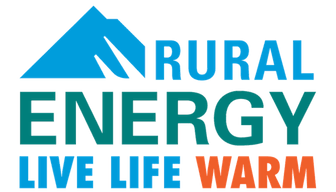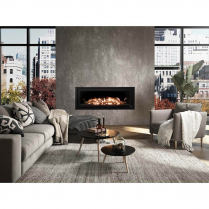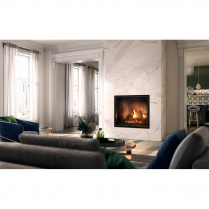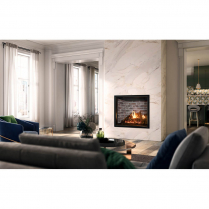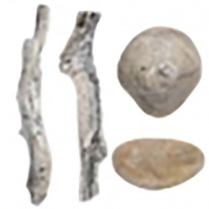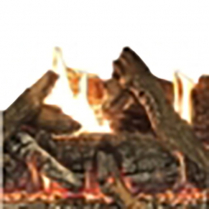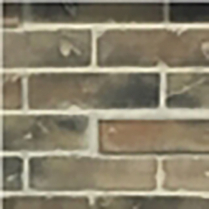There is nothing like curling up with a good book and a beverage in front of a warm glowing fireplace. And if you have a gas-burning fireplace, it is better for the environment and less costly to run.
Unlike a wood fireplace, gas fireplaces provide continuous heat, no need to buy or chop firewood, and with no ashes from the wood, there is no cleaning of any residue build-up.
Gas fireplace equipment solutions in our catalog include products from leading brand Valcourt.
Whether you’re looking for a natural gas or propane-fueled fireplace, we have the right options for you.
